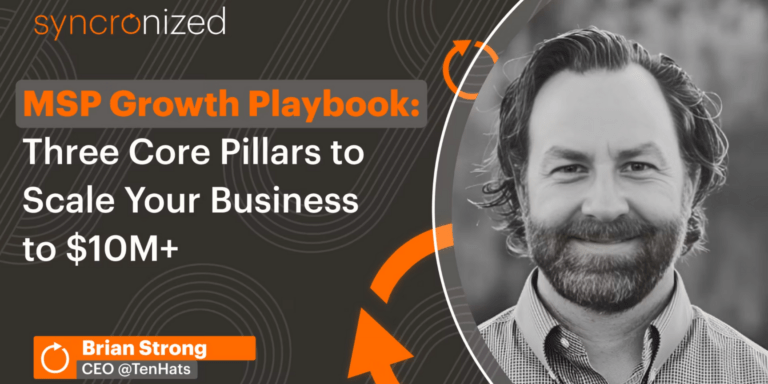Cloud Environment Services
- Cloud Computing
- Data Center Virtualization
- Cloud Infrastructure Management
Data Center Specs
Full Redundancy
All our equipment has a second, independent piece of equipment as a backup. We even use two independent power grids, allowing us to have an A and B side of our data center supported by internal power sources. If the A side falters, the B side can fully take over. This method is how we offer the best service in our region.
Around-The-Clock Support
If you have an issue or question, our team is on call 24/7. Whether it’s tech support or 2:00 a.m. maintenance, we’re always ready to help.
Constant Protection
Physical security is one of the top risks to your data outside of a data center. We’ve equipped the data center at TenHats with industry standard fire, flood, and theft protection security systems.
HIPAA & SOC 2 Security
Because we specialize in healthcare and finance, everyone, from our security guards to our CEO, complies with HIPAA and SOC guidelines.

